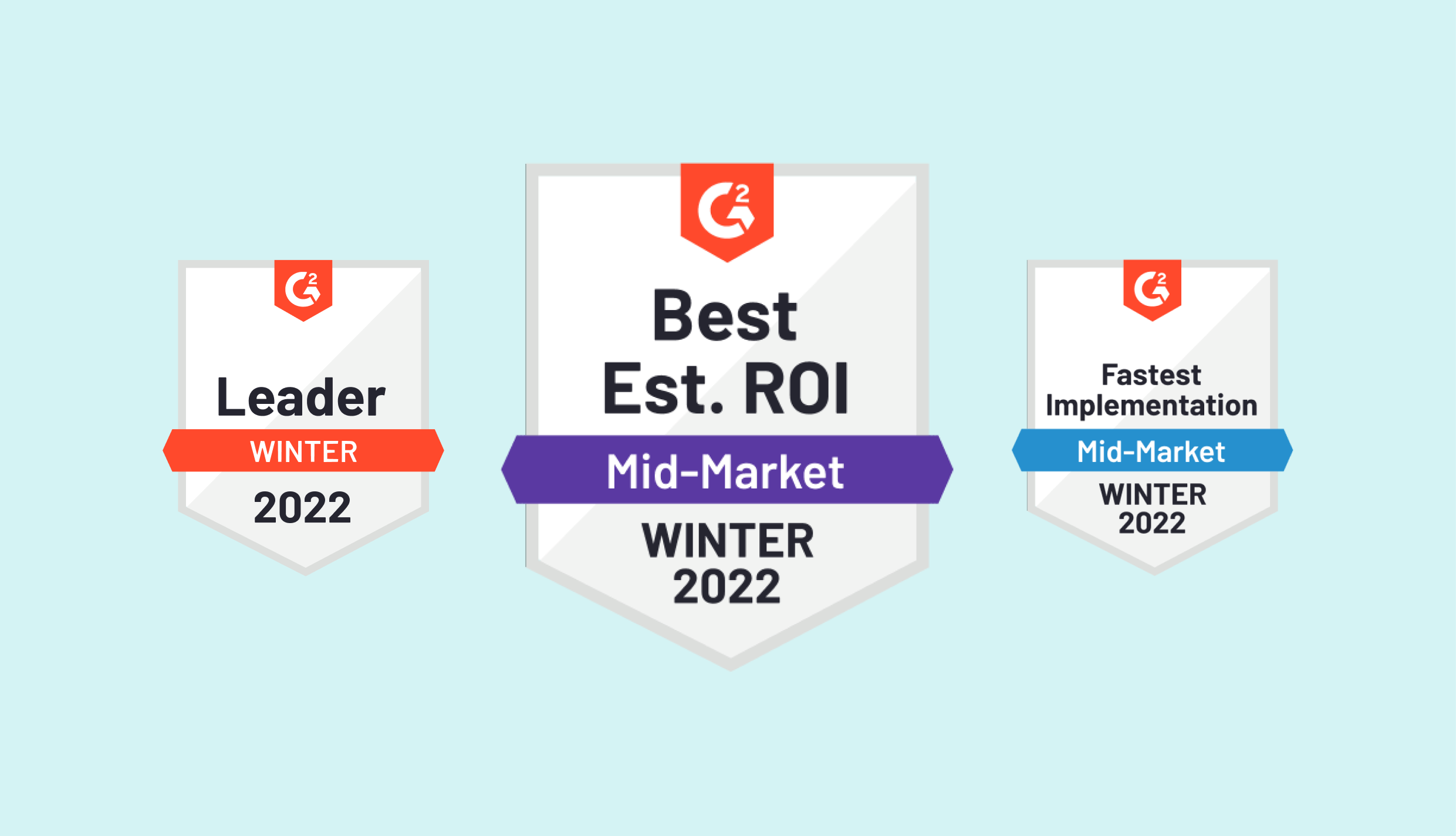
Amidst the turbulent economic climate, consulting firms are often among the first industries to feel the effects and are left to tackle these challenges head-on. Despite the difficulties, there is a glimmer of hope as with every downturn there will once again be an uptick, and the professional services industry is often able to catch the first wave of recovery. For this reason, being positioned to swiftly bounce back becomes a differentiating factor.
During the downturn, when there is excess time and capacity, seizing this opportunity can be truly transformative for organizations. By embracing this moment, consulting firms can bring about profound changes that propel their businesses toward success.
In this blog, we’ll explore helpful advice on how consulting firms can strategically concentrate their efforts to remain focused on growth given by two seasoned industry pros — Founder of Collective 54, Greg Alexander, and BigTime Software Founder and CEO, Brian Saunders.
Keep on reading to learn their advice on what you need to prioritize, implement, and work on at your firm in order to see it grow and thrive for years to come.

Track the Right Metrics for Effective Forecasting
Scaling a professional services firm presents a strategic challenge that can be effectively addressed through effective forecasting and project profitability tracking.
By sharpening their forecasting skills, firms can align revenue and expenses more accurately, reducing the risk of financial imbalances and unexpected challenges. This involves having the proper visibility to forecast revenue, profitability of projects, and capacity planning.
These three types of forecasts provide insight into potential hills and valleys in the business landscape. By incorporating the four types of analytics shared below into their forecasting process, firms gain valuable insights to drive sustainable growth and adapt to future scenarios.
- Descriptive analytics delves into past performance data, shedding light on historical patterns and outcomes.
- Diagnostic analytics takes a deeper dive into the factors influencing past results, facilitating a better understanding of influential elements.
- Predictive analytics leverages historical data to project future trends and potential outcomes, enabling firms to prepare for and adapt to future scenarios.
- Prescriptive analytics not only predicts future trends but also provides actionable strategies and recommendations to optimize performance and drive growth.
Extracting valuable data on profitable areas enables well-informed decisions regarding resource allocation and service improvements. Analyzing project profitability refines scoping practices, ensuring projects align with available resources and yield higher returns. Armed with this knowledge, firms can optimize their pricing strategy to accurately reflect the value delivered to clients, attracting more business opportunities and positioning themselves for successful growth in a volatile market.
By combining effective forecasting and project profitability tracking, professional services firms can navigate economic challenges with resilience, making informed decisions that foster sustainable growth in trying times.
Be Thoughtful in How You’re Designing Services
As markets fluctuate and client needs evolve, it’s important to adapt and innovate to stay competitive. Being thoughtful in how you’re designing services becomes paramount, as it allows professional services firms to proactively respond to emerging trends, anticipate client demands, and tailor their offerings with precision to meet the evolving needs of their customers. By carefully considering the changing landscape and incorporating client feedback, firms can ensure their services remain relevant, impactful, and ahead of the competition.
By implementing the strategies below, professional services firms can maneuver through economic uncertainty effectively and position themselves for sustainable growth.
Client-centric approach: Tailor services to address clients’ evolving needs and challenges, ensuring your offerings remain relevant and valuable in the current climate.
Value-based pricing: Determine pricing based on the value and impact your services bring to clients, emphasizing the benefits they will gain during challenging times.
Scalability considerations: Design services that can be scaled up or down as per demand, providing flexibility to accommodate fluctuations in client requirements.
Optimizing Staff Utilization is Crucial for Continued Growth and Success
Avoid senior-level staff doing junior-level tasks: Work on delegation and the appropriate leverage ratio to assign tasks according to expertise. This allows senior staff to focus on high-value strategic initiatives while delegating routine tasks to junior team members.
Foster growth: Empower junior staff by providing them with opportunities to learn and grow, building a resilient and skilled workforce for the future.
Optimize efficiency: Ensure that the most experienced professionals are utilizing their time efficiently, maximizing productivity during challenging times.

Prevent Project Pipeline Falloff with Cost-Effective Lead Generation
While there is an understandable reluctance to spend non-billable resources on bringing in new clients, it still needs to be done. There is a light at the end of the tunnel and you need to be prepared for it.
To ensure a steady project pipeline and sustainable growth, five lead generation channels have proven effective and cost-efficient for other firms. Among these channels, expansion revenue stands out as a game-changer.
Below we list all five in order of priority, in terms of time allocation.
- Expansion revenue: To optimize cost efficiency and reduce the need for additional salespeople, consultants should proactively identify opportunities to expand services with existing clients. Often, consultants engaged in day-to-day work with clients come across new possibilities, but they may overlook them due to their focus on meeting deadlines and budgets. Encouraging active listening and recognizing potential new projects, Greg recommends implementing an opportunity quota. By providing incentives for consultants to pay attention to client’s needs and propose new projects, the company can tap into hidden growth potential within existing accounts.
- Referral generation: Generating referrals is crucial for business success in both prosperous and challenging times. During downturns, investing extra effort in generating referrals becomes even more critical. Satisfied clients who refer others to your services can significantly boost your client base and reputation.
- Word of mouth: A powerful lead generation tactic involves building a reputation in the marketplace that attracts potential clients through word-of-mouth. If you find that word-of-mouth referrals are insufficient, it might indicate an underinvestment in marketing efforts.
- Inbound: Demonstrating expertise through content marketing is vital in the professional services industry. Providing valuable content to your target audience can establish your firm as a thought leader, attracting potential clients who seek your expertise.
- Outbound: While challenging and sometimes expensive, outbound marketing is essential to bolster the pipeline with potential clients. Coverage is critical and ensuring that there are enough leads in the pipeline to match income statement requirements is vital for business success. Closing deals effectively is a key aspect of maintaining a healthy revenue stream.
Use Technology
In navigating today’s economy, professional services firms can adopt strategic approaches to maintain profitability and optimize productivity using technology designed to do just that. Below are three of the many ways technology can boost efficiency, keep you informed, and ready to make any necessary actions. Remember, technology works 24/7 to help you stay ahead and stand out in the industry.
Strategic Cost Management
Carefully managing costs is key to sustaining profitability. Firms can identify areas where cost savings can be achieved without compromising the quality of services. This may involve optimizing internal processes, renegotiating vendor contracts, or implementing more efficient technology solutions.
Embrace Automation
Implementing automation tools, like Professional Services Automation (PSA) software, can significantly streamline repetitive tasks, reducing manual effort and freeing up valuable time for staff to focus on necessary client work. Automation enhances efficiency and productivity, especially during uncertain times when resources may need to be allocated strategically.
Enhance Collaboration
Utilizing digital platforms for seamless communication and project management fosters effective collaboration among remote teams. In the face of economic uncertainty, such platforms enable teams to work together efficiently, ensuring that projects progress smoothly and client expectations are met.
What is PSA software? We’ve got you covered. Explore the benefits in our guide..
Embrace Diversification
Embracing diversification is crucial for the strategic growth of a professional services firm. As the business landscape evolves, staying adaptable and resilient becomes vital. Expanding service offerings is a vital step in exploring opportunities to cater to different industries or address emerging needs in the market. By broadening the client base to target a diverse range of clients, the firm can reduce reliance on a single industry or client segment, safeguarding against fluctuations in specific sectors. This not only helps mitigate risks but also positions the firm for sustainable growth by tapping into new markets and clientele.
To make well-informed decisions, conducting thorough market research is essential. This research helps identify underserved industries or niches with growth potential, enabling the firm to adapt and capitalize on new opportunities, ultimately bolstering its resilience and competitiveness in the face of uncertainty. Furthermore, embracing diversification fosters a culture of innovation and creativity within the firm, encouraging teams to think outside the box and explore new avenues for growth.
Eliminate Some Assumed Tasks for Leaner Operations
It’s necessary to streamline operations and optimize resource allocation in order to boost efficiency. By eliminating assumed tasks through a thorough task evaluation, firms can assess the necessity and impact of each activity, removing non-essential or redundant tasks that consume valuable resources. Prioritizing core competencies becomes paramount as the firm focuses on delivering services that align with its strengths, avoiding distractions that may divert resources from core business activities.
Creating a lean operational structure further enhances efficiency by removing unnecessary complexities and optimizing costs. To achieve these objectives, take advantage of Professional Services Automation (PSA) software like BigTime that can streamline processes, increase productivity, and provide valuable insights into resource, project, and financial management. Additionally, seeking support and guidance from industry-specific groups like Collective 54 can provide valuable expertise and resources to help professional services firms thrive in challenging times. With the right tools and networks in place, firms can proactively position themselves for growth and navigate economic uncertainties with confidence.






